WOBO thanks edie for the selection of news items.
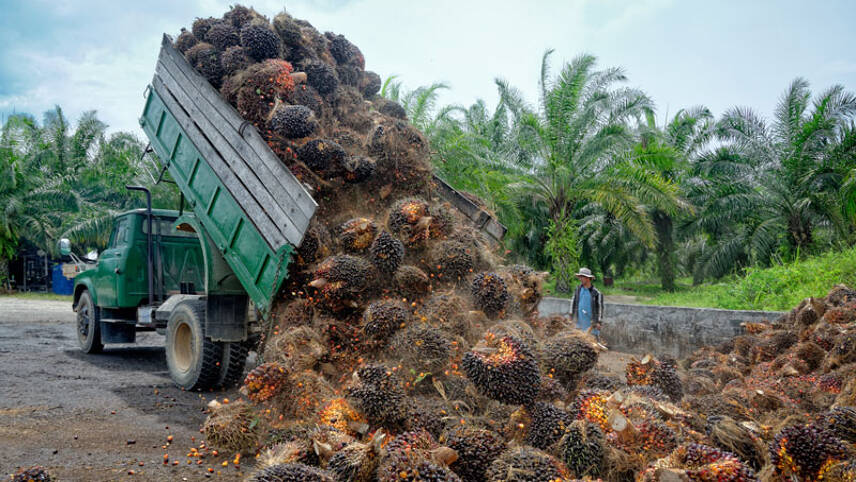
EU slams Indonesia’s attempts to water down anti-deforestation laws
Indonesia and Malaysia have accused the EU’s anti-deforestation law of unfairly penalising small farmers, arguing that the regulation’s complex requirements will financially strain those least able to afford it – allegations the European Commission has rejected.
Ministers from Indonesia and Malaysia travelled to Brussels late last month to raise concerns over the legislation with EU leaders, outlining the impact the EU Deforestation-Free Regulation (EUDR) could have on their respective economies.
The EU’s deforestation law aims to ban commodities such as cocoa, coffee, palm oil, and wood from entering the bloc if they are linked to the illicit clearing of forests, placing strict certification requirements on companies.
Under the new rules, companies must provide complete traceability, including the precise location goods were produced. They must also prove that farms are not located on lands that have been deforested after 2020.
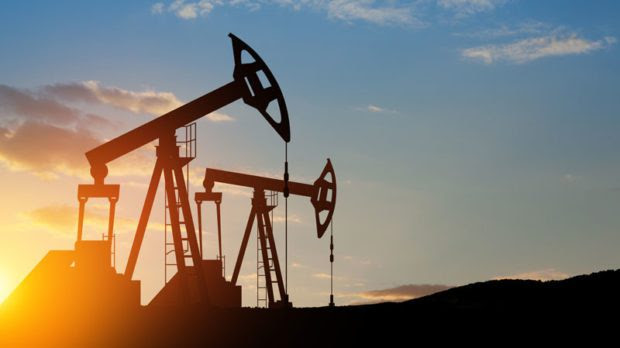
IEA: Global oil demand set to peak in 2028
The Agency has stated that global oil demand is likely to continue rising until 2028; it is forecasting a 6% increase on 2022 levels.
Demand growth is likely to be led by the petrochemicals sector, particularly for plastics production. The aviation sector is also likely to step up demand as it grows.
Yet, at the same time, demand for oil for road transport will likely peter out. The IEA anticipates a steeper reduction in demand post-2026, as vehicles become ever-more fuel efficient and as biofuel blending becomes more common.
Moreover, the EV market is positioned to grow exponentially. Markets including the UK, EU and the State of California have set firm end-dates for the sale of any new cars and vans with internal combustion engines in the 2030s.
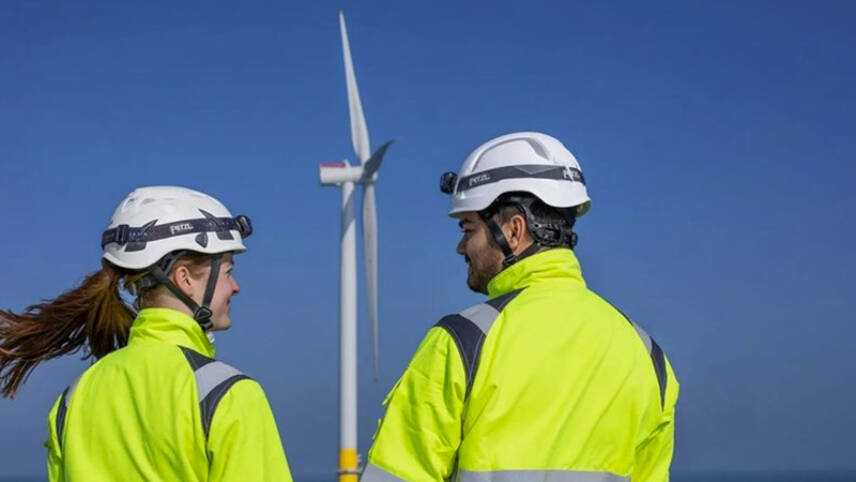
EY has published its Renewable Energy Country Attractiveness Index (RECAI) every six months since 2003, with the 61st edition out today (13 June).
The US has once again retained the top spot. Investors, EY has stated, continue to favour the US for the $369bn committed to tackling climate change through the 2022 Inflation Reduction Act. The Act set out new tax credit regimes for technologies such as clean hydrogen, electric transport and carbon capture.
EY has stated that the US has played a significant role in a 19% increase, year-on-year, in clean technology investment globally.
Taking second place is Germany, which has overtaken China for the first time. Germany last year committed to achieving 80% renewables in its power mix by 2030, sending a strong signal to the supply chain and to investors. It has increased the share from 41% to 46% in just 12 months.
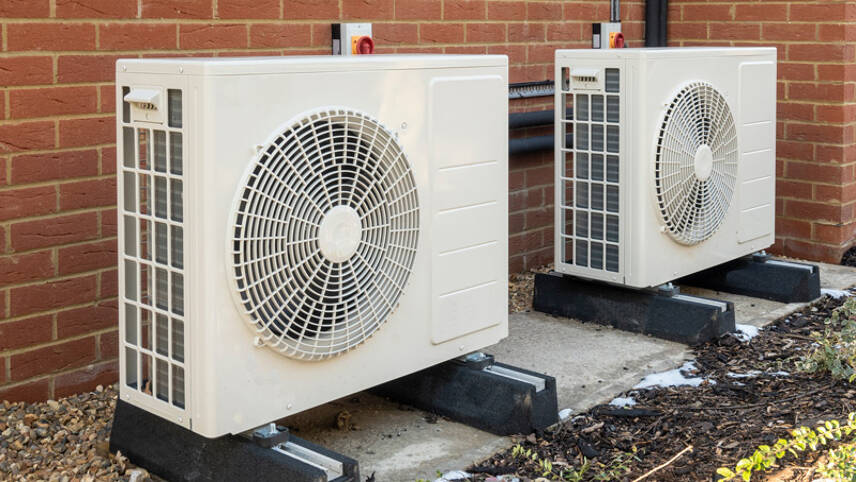
Scotland set to ban gas boilers from new buildings next year
Ministers set out new building amendment regulations at Holyrood on Monday afternoon (12 June). Included in the document is a commitment to develop regulations ensuring that developers applying for building warrants from 2024 only use heating systems with no direct emissions.
The document rules out the classification of hydrogen-ready boilers as zero-direct emissions heating (ZDEH) options. This is because a decision has not yet been made by the UK Government about the role of hydrogen in home heating. Moreover, hydrogen will likely be used in blends rather than pure, meaning that there will be some emissions resulting from natural gas combustion.
Instead, buildings will either need to be fitted with heat pumps or connected to low-carbon district heating networks.
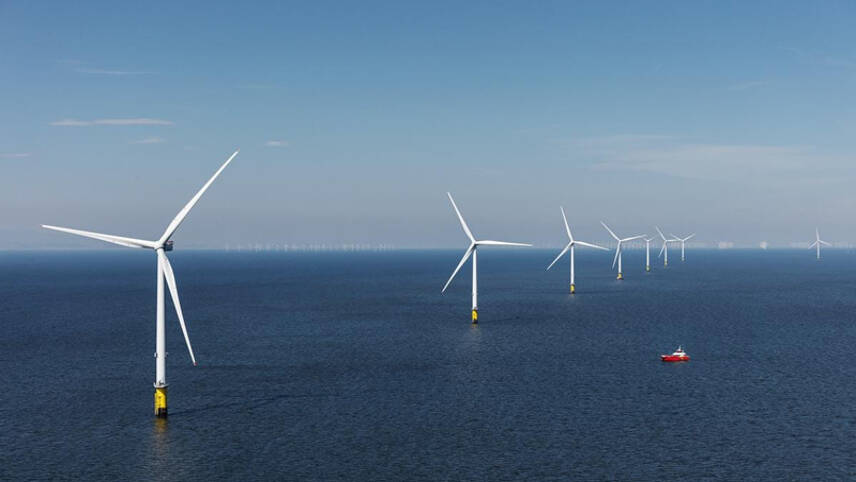
UK’s offshore wind pipeline nears record 100GW
Industry body RenewableUK has published its latest data on the offshore wind pipeline, both in the UK and globally. The pipeline covers projects at every stage of development, from planned without consent, to fully operational.
The UK’s pipeline now stands at almost 98GW, up from 91.3GW this time last year.
China is the only nation with a larger offshore wind pipeline than the UK. It stands at almost 166GW.
China is also the world leader in operational offshore wind capacity, with more than 29GW operational compared to the UK’s 13.6GW. China surpassed the UK in this regard in 2021 and has added a further 5GW since the end of 2021.

45 nations pledge to double rate of energy efficiency improvements
The declaration takes the form of a new ministerial statement, released to mark the conclusion of the International Energy Agency’s (IEA) global conference on energy efficiency in France.
As the conference began earlier this week, the IEA confirmed that global energy intensity decreased 2.2% last year, twice the average of the previous five years, largely due to policy responses to the energy price crisis.
Yet annual decreases of 4% are needed to give the world the best chance of achieving net-zero by mid-century and averting the worst physical impacts of the climate crisis.
To that end, the 45 nations have pledged to develop and implement better policies to improve energy efficiency domestically. These include both government-led schemes and policies that help to unlock private investment.
The new statement emphasises the need for increased efficiency in all sectors, including heavy industry and the built environment.
